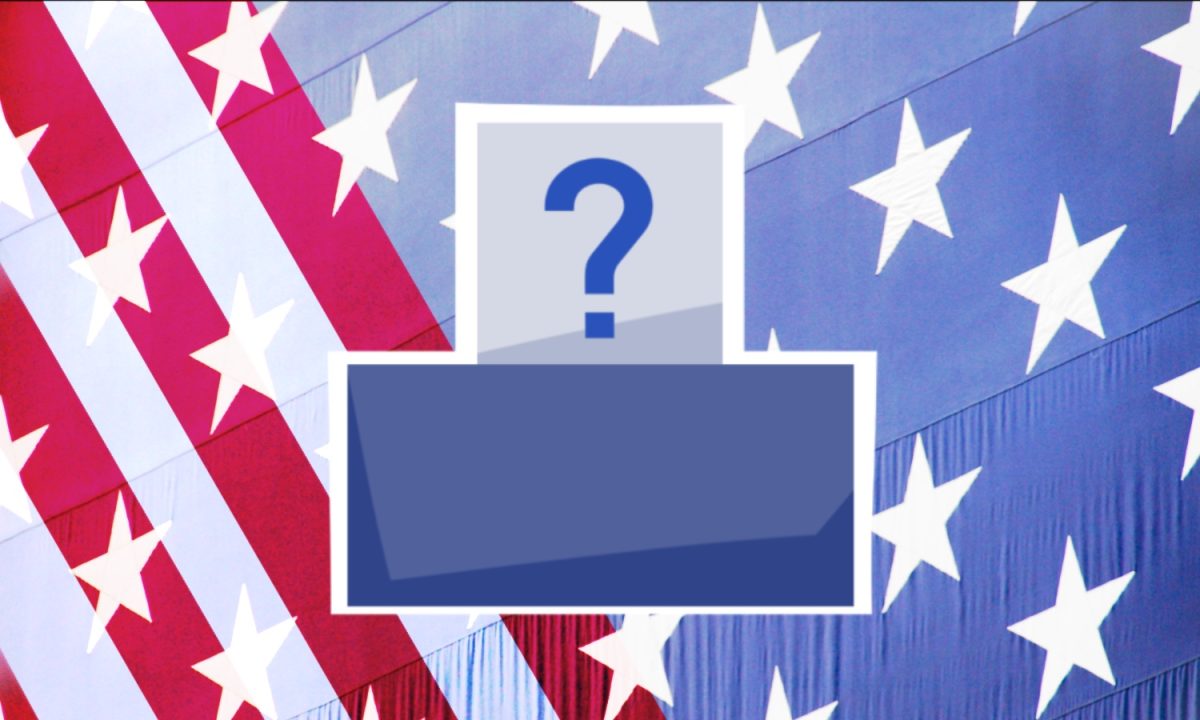Editor’s Note: All opinion section content reflects the views of the individual author only and does not represent a stance taken by The Collegian or its editorial board. A previous version of this article stated that Charlie Kirk came in 2017. Charlie Kirk came in 2018. We’ve corrected this article to reflect the correct information.
Colorado State University has many traditions — painting the A, the Rocky Mountain Showdown, the Homecoming Parade — that happen annually. These traditions are meant to bring the community together, allow new students to feel at home and showcase all the wonderful things CSU has to offer.
In my time at CSU, there have been other harmful, unspoken traditions that members of the community participate in that University officials haven’t put a stop to: hate crimes, religious targeting of students and Turning Point USA endangering students by bringing speakers that directly and indirectly hurt students.
All of these negative traditions are justified by our constitutional right to free speech. As a community, we need to take a step back from the First Amendment and think about what free speech means in reference to hate crimes and hate speech.
Many of us have heard the stipulation of free speech in former Justice Oliver Wendell Holmes Jr.’s statement that “The most stringent protection of free speech would not protect a man in falsely shouting fire in a theatre and causing panic.”
There are endless outlets still trying to put a specific meaning on this statement, whether it applies to the falsehood of the statement or the harm that yelling “fire” would cause, but fundamentally, the statement still implies that in some circumstances, a person’s right to free speech can be censored and can have repercussions.
Free speech doesn’t exempt you from retaliation. Free speech isn’t a protective shield from others responding to you.
The government punishes certain types of speech. In Andrew Marantz’s “Free Speech is Killing Us,” published in the New York Times, he states that “Libel, incitement of violence and child pornography are all forms of speech. Yet we censor all of them, and no one calls it the death knell of the Enlightenment.”
Some people seem to have this notion that the First Amendment is a blanket statement for everything they say, and because it’s a constitutional right, they can’t be held accountable or punished for the consequences of their words. This mindset is hurting and, in some cases, killing us through manifestos and those following them with gun violence.
People can argue that hate speech like the blackface incident, the swastika drawn in an on-campus apartment, the writing of the N-word in a blood-like substance and the yelling of racial slurs in a residence hall are all protected by the First Amendment. But that doesn’t save them from the uproar and consequences brought by people who are hurt by those incidents.
Arguably, TPUSA has every right to bring Charlie Kirk and Donald Trump Jr. to campus. However, they are not protected from students’ responses, such as petitions asking that these events be canceled or protests against them when they arrive.
In 2018, TPUSA brought Charlie Kirk to CSU, and as a result, violence followed.
Last year, TPUSA brought Dennis Prager to CSU, and I wrote an article against his visit being funded by our student fees. As a result, I was doxxed by his supporters, making me and my immediate family feel unsafe, knowing they had our addresses, phone numbers and emails.
These events are violent — we all know this. Those putting on these events are ignorant when they argue that these people and their messages aren’t violent. What’s worse, they preach diversity and inclusivity, like in their Letter to the Editor, by saying, “In no way do we condone racism, bigotry, white supremacy or any other exclusive ideologies, period.” Yet the people they’re bringing actively contradict this narrative.
Free speech doesn’t exempt you from retaliation. Free speech isn’t a protective shield from others responding to you.
I know by writing this column and practicing my free speech, I will be contacted, insulted and possibly doxxed once again. I understand that my right to fight against these events will have consequences. I’m transparent in my intentions and know the effect of my writing — it’s time that others are, too.
Leta McWilliams can be reached at letters@collegian.com and on Twitter @LetaMcWilliams.











